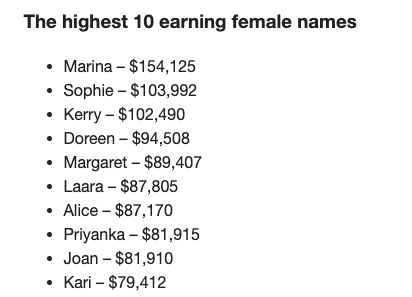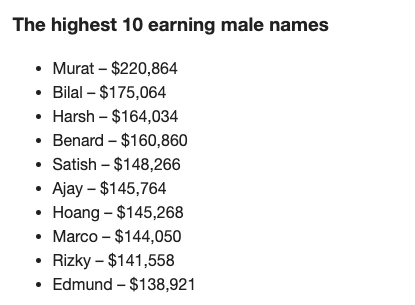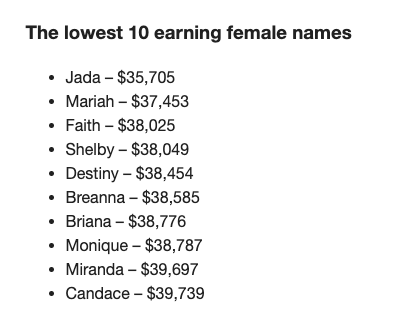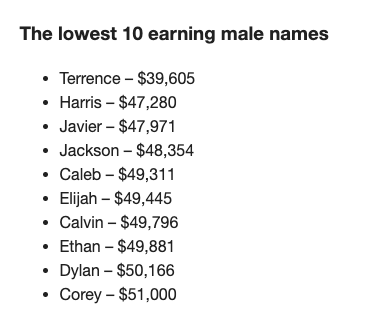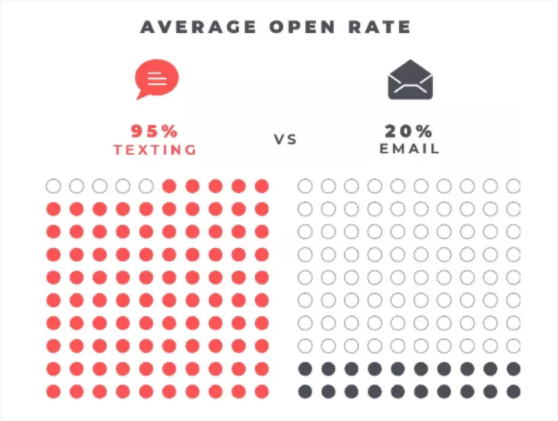Linds Redding, a New Zealand-based art director who worked at BBDO and Saatchi & Saatchi, died at 52 from inoperable esophageal cancer. Turns out Linds didn’t really like his old job and made hours he spent creating a successful career. Here is what Linds wrote before he died:
“I think you’re all f—— mad. Deranged. So disengaged from reality it’s not even funny. It’s a f—— TV commercial. Nobody gives a s—.
This has come as quite a shock I can tell you. I think I’ve come to the conclusion that the whole thing was a bit of a con. A scam. An elaborate hoax.
Countless late nights and weekends, holidays, birthdays, school recitals, and anniversary dinners were willingly sacrificed at the altar of some intangible but infinitely worthy higher cause. It would all be worth it in the long run…
This was the con. Convincing myself that there was nowhere I’d rather be was just a coping mechanism. I can see that now. It wasn’t really important. Or of any consequence at all really. How could it be? We were just shifting products. Our product, and the clients. Just meeting the quota. Feeding the beast as I called it on my more cynical days.
So was it worth it?
Well of course not. It turns out it was just advertising. There was no higher calling.”
When faced with death, I wonder how many of us will look back on all the time and effort we put into our careers and will feel the same?
That all being said, sometimes I think a job might be worth it as well. Here’s the other side of the coin. I frequently see articles and blog posts, recently, written by people who have given up their careers to travel the world. It all seems so glamorous and adventurous. Until you realize you had a career and job to pay for all those glamorous adventures! From Adweek, “The Couple Who Quit Their Ad Jobs to Travel the World Ended Up Poor and Scrubbing ToiletsThe uglier side of a year-long creative journey”:
“You remember Chanel Cartell and Stevo Dirnberger, the South African couple who quit their agency jobs this year to travel the world and document the experience. It sounded like a dream, and the lovely Instagram photos have made it look like one.
But halfway through their year-long odyssey, they posted a reality check on their blog—a post titled “Why We Quit Our Jobs In Advertising To Scrub Toilets”—in which they share “the uglier side of our trip.” It turns out that following one’s dream—while working odd jobs in exchange for room and board—involves a lot of dirty work, and more than a few tears.
“The budget is really tight, and we are definitely forced to use creativity (and small pep talks) to solve most of our problems (and the mild crying fits),” Cartell writes. “Don’t let the bank of gorgeous photography fool you. Nuh uh. So far, I think we’ve tallied 135 toilets scrubbed, 250 kilos of cow dung spread, 2 tons of rocks shoveled, 60 meters of pathway laid, 57 beds made, and I cannot even remember how many wine glasses we’ve polished.
“You see, to come from the luxuries we left behind in Johannesburg … we are now on the opposite end of the scale. We’re toilet cleaners, dog poop scoopers, grocery store merchandisers, and rock shovelers.”
We work for a reason. Your reasons might be vastly different than my reasons, but we all have reasons. I hope if I look death in the face I won’t regret my choices to work and create a successful career. I’ve missed my fair share of school events and sporting events that my kids have participated in. I’ve missed many of their most joyful and sad moments. Those I already regret. What I won’t regret is that I work to allow my family to have so many of these moments.
I’ve lived poor. I lived with a single mother who wasn’t quite sure how she was going to put dinner on the table that night. I work because I never wanted my family to feel this anxiety. Sometimes a job is worth it, sometimes it isn’t. It’s all up to you to decide, though.

